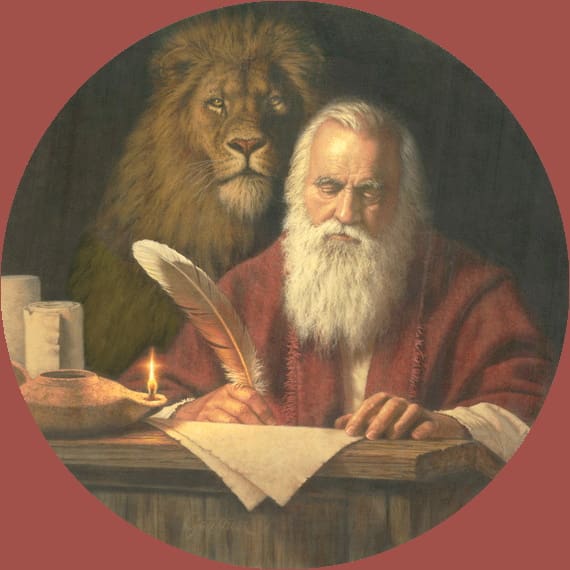We are branches that depend on the main vine in order to grow and have life, as Our Lord teaches us in today’s Gospel. The First Reading teaches us how we abide in the vine, how we stay connected to the true vine, Our Lord. Another way of understanding how we abide in the vine is being in communion with God and with each other. The Church over the centuries has considered how that communion is seen under three aspects: communion in worship, communion in doctrine, and communion under the same governance.
In today’s First Reading there’s a doubt regarding how the Church should maintain her communion with the Lord and with each other. Some are saying that circumcision and following Mosaic laws, customs for the Jews, are required for salvation. The Gentiles, however, never had these customs, and Paul and Barnabas insist that they are not necessary for salvation (this topic comes up in many of Paul’s letters; Galatians, for example). Therefore a dispute has arisen in the area of worship and doctrine and the Church convokes its first council, the Council of Jerusalem, in order to resolve it and determine what Our Lord really does ask of his disciples in order to abide in him, the true vine. We’ll see the outcome in tomorrow’s reading.
Even today our bishops, in communion with the Holy Father, gather to discuss pressing issues, in synods and in meetings of Bishop’s Conferences, and watch over and foster communion so that the whole Church abides in Christ. Let’s pray for our bishops to be open to whatever the Holy Spirit instructs them for the good of the Church and of the world. That is how we’ll abide in the true vine, grow, and bear much fruit.
Readings: Acts 15:1–6; Psalm 122:1–5; John 15:1–8. See also 5th Week of Easter, Wednesday and Fifth Sunday of Easter.

